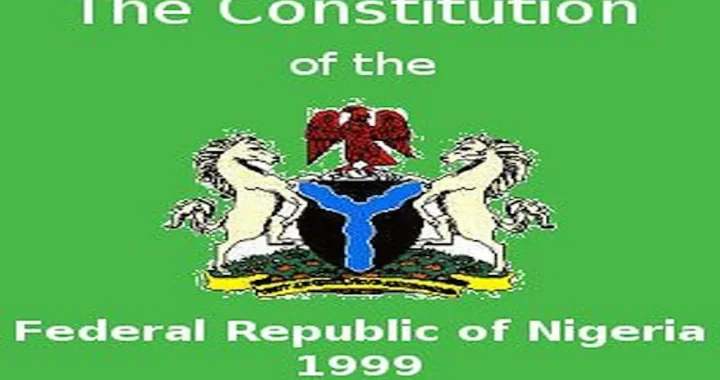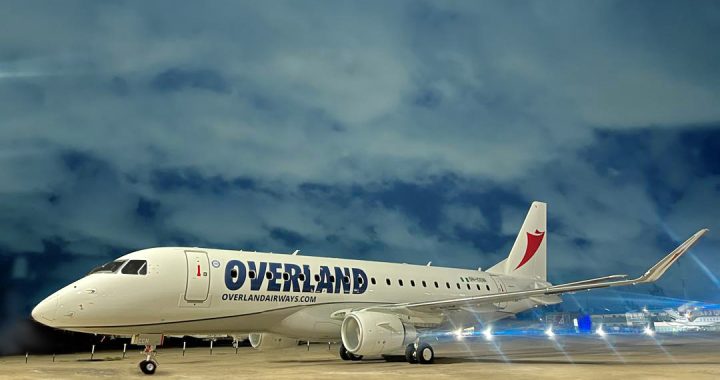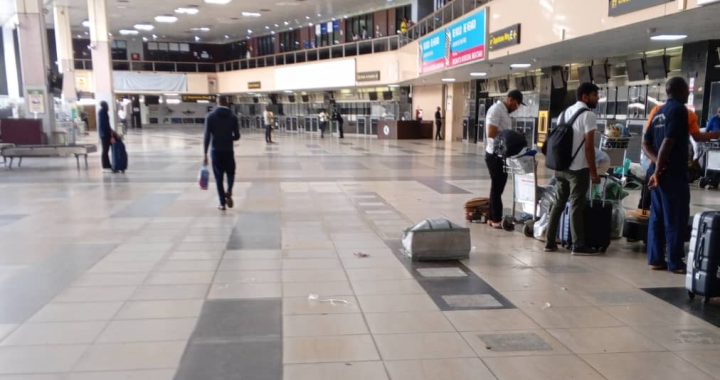Sanwoolu Flags off First and Last Mile Intra-City Transport with 500 Mini Buses
4 min read
Lagos Governor, Babajide Olushola Sanwoolu, unveiling FLM mini bus scheme
Lagos State Governor, Babajide Olushola Sanwoolu, has unveiled 500 minibuses designated for the “First and Last Mile”, FLM transportation project in the state, with the view to making commercial motorcycle operation redundant and drastically reduce crime perpetrated with the use of commercial motorcycle in the state.
The Governor said the initial 500 shuttle buses unveiled are to ensure efficient intra-city mobility of the populace for various social and economic purposes thus keeping the engine of commerce and industry properly oil so as to keep alive the Lagos state economy.
Speaking at the launch of the First and Last Mile (FLM) Bus Scheme at Ikeja, Governor Babajide Sanwo-Olu said the buses would care for commuting between the main transit corridors and the hearts of the communities, where the bulk of people reside and where the high capacity buses would normally not be able to pass through.
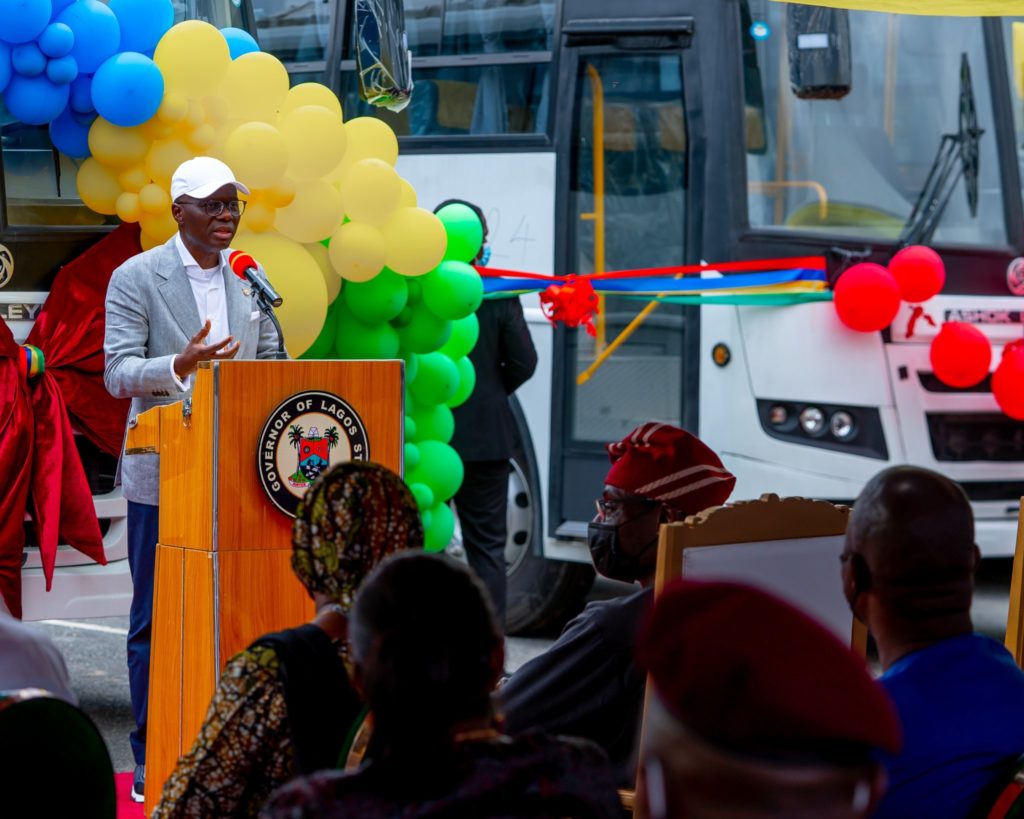
Sanwoolu enthused that the First and Last Mile, FLM, Bus Scheme, was part of his government’s “Bus Reform Initiative (BRI)” which he described as an ambitious road transportation effort, that encompasses a number of transport projects, including the construction of bus terminals and interchanges,” among others.
He said the Lagos State government placed a high premium on efficient, effective, safe and sustainable intermodal transportation because a well-planned transport system often provides the bulwark for economies that are thriving.
Encapsulating what the government had been preoccupied with since inception, Sanwoolu said, “Over the last two years, we have taken steps to birth and bequeath to Lagos State enduring transport infrastructure and systems, which future generations would be proud of”.
He however noted that for a successful operation of road transport schemes, the government had recognized the roles of the National Union of Road Transport Workers (NURTW) and the Road Transport Employers Association of Nigeria (RTEAN) as major partners in the entire Bus Reform Initiative.
He appealed to the operators of the FLM Bus Scheme to play according to the rules, as maximum penalty would be imposed in cases where existing agreements and extant Road Traffic Laws were infringed upon.
In his submission, Transportation Commissioner, Dr Frederic Oladeinde, said the Lagos State’s transportation requirements were driven by the State’s Strategic Transport Master Plan which was prepared by the Lagos Metropolitan Area Transport Authority (LAMATA).
Dr Frederic Oladeinde added that in consonance with the Transport Sector Reform Law 2018, the Lagos State Government through the Ministry of Transportation and LAMATA had put in place various measures aimed at readjusting the transportation strategies to accommodate the first/last mile transportation system as unveiled by the Governor.
According to him, the first/last mile transportation system is all inclusive, safe, convenient, affordable, accessible and in agreement with the global best practices.
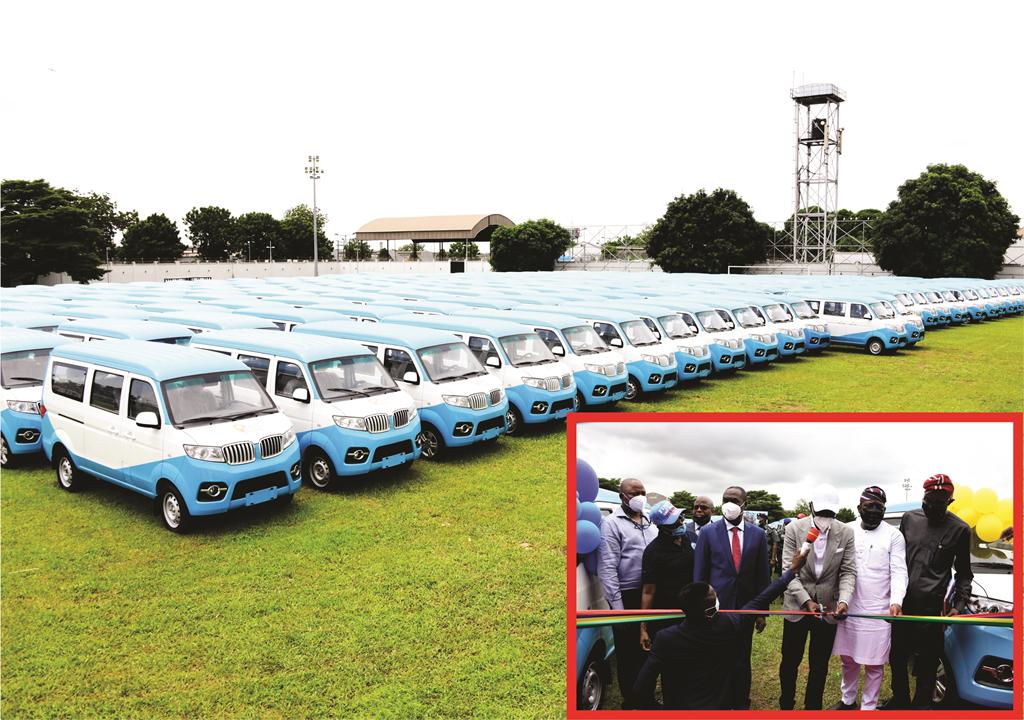
FIRST AND LAST MILE BUS SCHEME: MODUS OPERANDI
The organization with hands-on integrated and intermodal transport systems conception, and researchers in transport management, Lagos Metropolitan Area Transport Authority (LAMATA), gave a hint on the modalities of the novel First and Last Mile Scheme, FLM.
The Managing Director, Lagos Metropolitan Area Transport Authority, LAMATA, Mr Abimbola Akinajo, enunciated that, the First and Last mile bus scheme were small capacity minibus of between 7 and 11 passengers.
Abimbola Akinajo explained that the dedicated buses would travel on predetermined routes that were designed to take one closest to and from origin and destination.
He revealed that in the initial, a total of 286 routes had been identified for the FLM mini buses to ply. Akinajo added that the routes were designed to be about 5km on the average.
He added that what was under compulsion was that connectivity must always ensure to make for smooth and unhindered public intermodal transportation.
ZONES FLM MINIBUSES ARE TO SERVE
For seamless operations of the scheme, the state has been delineated into eight (8) zones. Zone 1: Ikeja and Ketu; Zone 2: Oshodi, Mushin and Surulere. Zone 3: Berger, Yaba and Oyingbo.
Zone 4: Lagos Island, Ajah and Ibeju Lekki. Zone 5: Iyana-Ipaja and Agege. Zone 6: Mile 2, Iyana-Iba and Ajeromi. Zone 7: Ikorodu. Zone 8: Epe and Badagry.
LAMATA helmsman said in the initial period, the pilot scheme will flag off in five of the eight zones. He noted that the five zones- 2,3,4,5 and 7- will also effectively become the first phase of the FLM minibus scheme.
MANAGERS OF FLM SCHEME
Akinajo also revealed that “the FLM scheme will be run by Private Operators who will work with the state. For participation in the bus scheme, the state government shall support private operators in the bus acquisition under a Bus Finance Scheme”, he said.
FINANCE SCHEME
For private operators to qualify for participation in the FLM Bus Finance Scheme, a 20 per cent down payment of the value of the bus must be made.
The repayment period for the Bus Finance Scheme shall be for a period of 36 months and the state has negotiated an interest rate of 10 per cent for the outstanding amount.
![]()





